Floyd County board continues digging through mechanics of forming supervisor districts
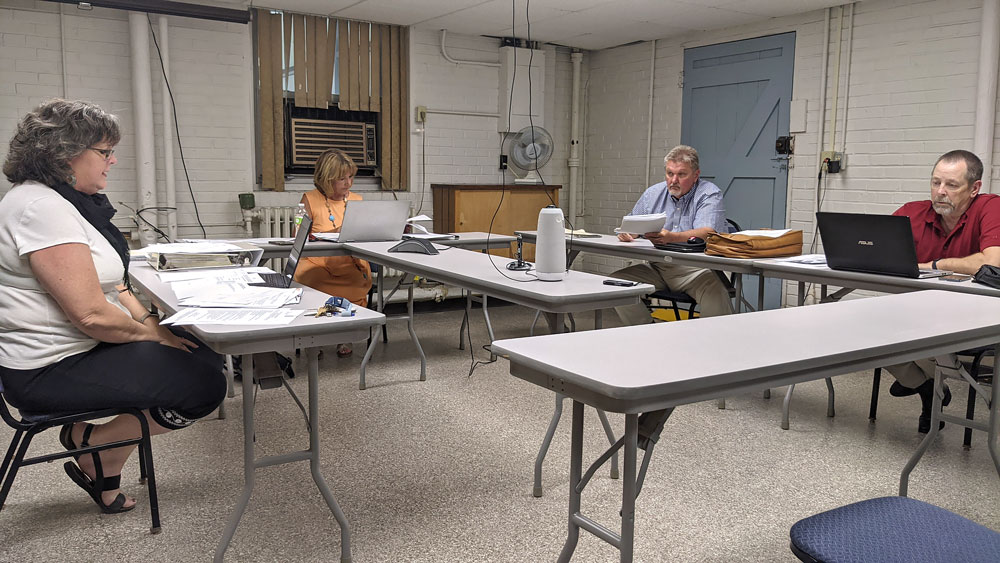
By Bob Steenson, bsteenson@charlescitypress.com
Floyd County supervisors continued their discussion Tuesday afternoon on the mechanics of switching to district elections for board members, and held off on some decisions on how that process will proceed.
Included was more information on the level of input county residents will have on determining those districts, and the board officially approved the canvass of the special election held last week that will require setting up district representation.
Leading up to the special election it was thought by most people involved, based on Iowa Code, that a temporary redistricting commission composed of county residents selected by the board of supervisors would draw the boundaries for the three supervisor districts. That information was reported in the Press as well.
But County Auditor Gloria Carr said she had learned recently that a state law change in 2018 threw the responsibility of drawing county supervisor district lines for Plan Three counties to the state Legislative Services Agency.
A number of the members and supporters of the group Coalition for a Better County Government were at the regular meeting Tuesday, and Carr again went through the sequence of events that will lead to creating supervisor districts.
The coalition was the group largely responsible for the special election held last week where greater than a two-thirds majority of voters approved changing from at-large supervisor elections to Plan Three — where the county is divided into supervisor districts, supervisor candidates have to live in the district they want to represent and are chosen only by the voters in their district.
The county temporary redistricting commission will create the county precinct map, but then the Iowa Legislative Services Agency will use those precincts to draw the districts, Carr said. The law says that for Plan Three — the plan approved by the voters — those district lines have to follow precinct boundaries.
Carr said the temporary redistricting commission will “start from scratch,” with “a clean slate” in drawing precincts.
But there is a possibility that a state group could also end up drawing the precinct lines, she said.
The county redistricting commission’s precinct decisions will be based on new population distribution information coming out of the 2020 U.S. Census — the same information that the Iowa Legislative Services Agency will be using to create the new state map of legislative and congressional districts.
But delays caused by COVID-19 in releasing that census information may mean the county is unable to meet a Nov. 1 deadline for creating supervisor districts.
The state code mentions two completion deadlines, Nov. 1 and Feb. 15, but Assistant Floyd County Attorney Randy Tilton said based on his talks with state officials the Nov. 1 deadline is the one that applies to Floyd County’s situation.
Carr said she was told by Molly Widen, legal counsel at the Iowa Secretary of State Office, that it is unlikely the state will have its legislative and congressional districts done by Nov. 1, and those boundaries are needed for the county’s temporary redistricting commission to draw precincts, in case Floyd County is split among multiple Iowa House or Senate districts.
If the county misses the Nov. 1 deadline because of census information delays, it is possible another state agency will draw the county’s precinct boundaries as well as the new supervisor districts, Carr said she was told.
It is up to the county Board of Supervisors to decide whether the temporary redistricting commission consists of three, five or seven members, who those members are and whether the members will receive a per diem pay or expense reimbursements.
The board had on its Tuesday agenda an item to make some of those decisions, but Supervisor Chair Linda Tjaden said she would “like to take a little more time.”
“But we should be ready to make those decisions next meeting,” she said.
Scott Andrews, a Charles City CPA who supported the effort to get the special election and to urge voters to support Plan Three, recommended the board choose the five-person or seven-person redistricting commission size to allow for wider representation from across the county.
Merlin Schweizer, a coalition member who was also at the supervisors meeting, volunteered to be a member of the commission.
“We’re going to wait, and make a decision at the next board meeting,” Tjaden repeated.
Assistant County Attorney Tilton said even if the county can’t meet the Nov. 1 deadline because of delays in getting census information, once it gets that information it should proceed as quickly as it can.
Potential supervisor candidates for the November 2022 election need to know where the districts are before March nomination paper filing deadlines, and also need to know which district will be for only a two-year term and which will be for four-year terms. The term-length distinction will be decided by chance drawing.
“The earlier you decide that the better, so people can decide if they want to run for two years,” Tilton said. “I agree it’s not going to happen by Nov. 1, but as soon after that — if you could hit November that would be great.”
Also at the regular meeting Tuesday, the supervisors:
- Held a public hearing then approved a zoning change from commercial to residential zoning for two lots making up 14.44 acres of property owned by Thomas and Lorraine Winterink in the Red Cedar Subdivision, for the purpose of selling parcels as residential properties.
The county Planning and Zoning Committee recommended the change, there were no comments for or against at the public hearing, so the board approved the first reading and waived the second and third readings, finalizing the change.
- Tabled until the Aug. 24 regular meeting a decision on passing a resolution setting a special election Nov. 2 asking county voters whether to approve extending the rural area 1% local option sales and service tax for another 10 years.
All three supervisors said they support renewing the optional tax, and continuing dedicating 100% of the proceeds to the secondary road department, “including rock, bridges and culvert repair and/or replacement and construction projects,” but Supervisor Roy Schwickerath moved to table the decision to give anyone who had input a chance to contact the supervisors.
The resolution needs to be passed by Aug. 26 in order to be on the ballot for a county special election Nov. 2. Nov. 2 is also the date for the regular municipal and school board elections.
- Discussed possible costs to add water and sewer at the county waste collection site near the fairgrounds. Supervisor Doug Kamm looked into cost estimates after Scott Andrews raised a concern that staff working at the site had to use an outdoor portable toilet year-round.
Kamm said the price would likely be in the $35,000 to $40,000 range, and Tjaden noted the expense wasn’t in the budget for the current fiscal year.
“We don’t have the answers, but we do have some more information,” Tjaden said.
Board members also talked about other potential options regarding rural waste collection, but made no decisions.

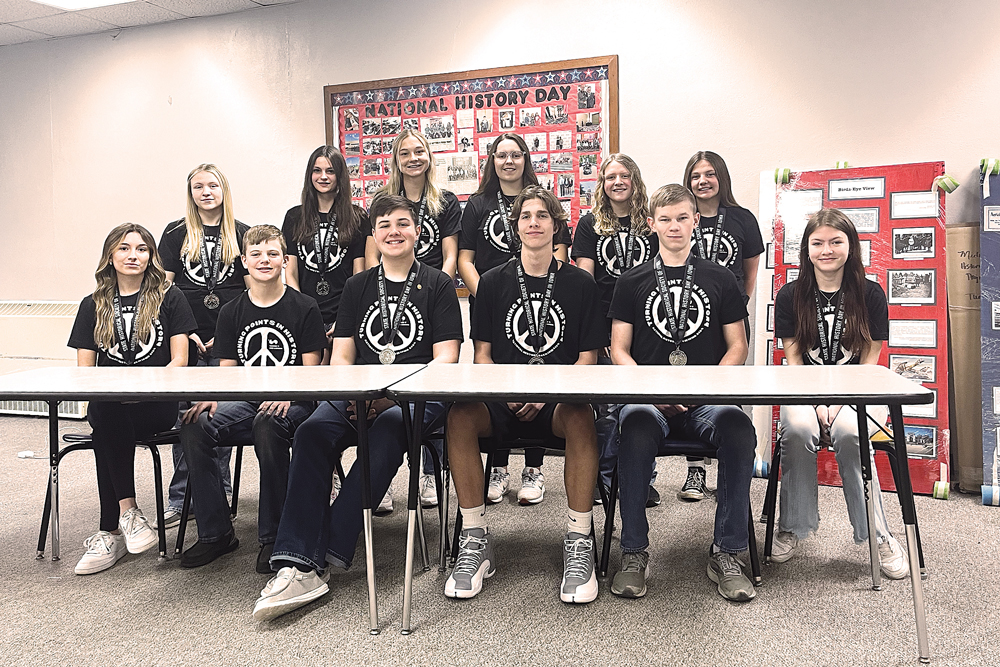

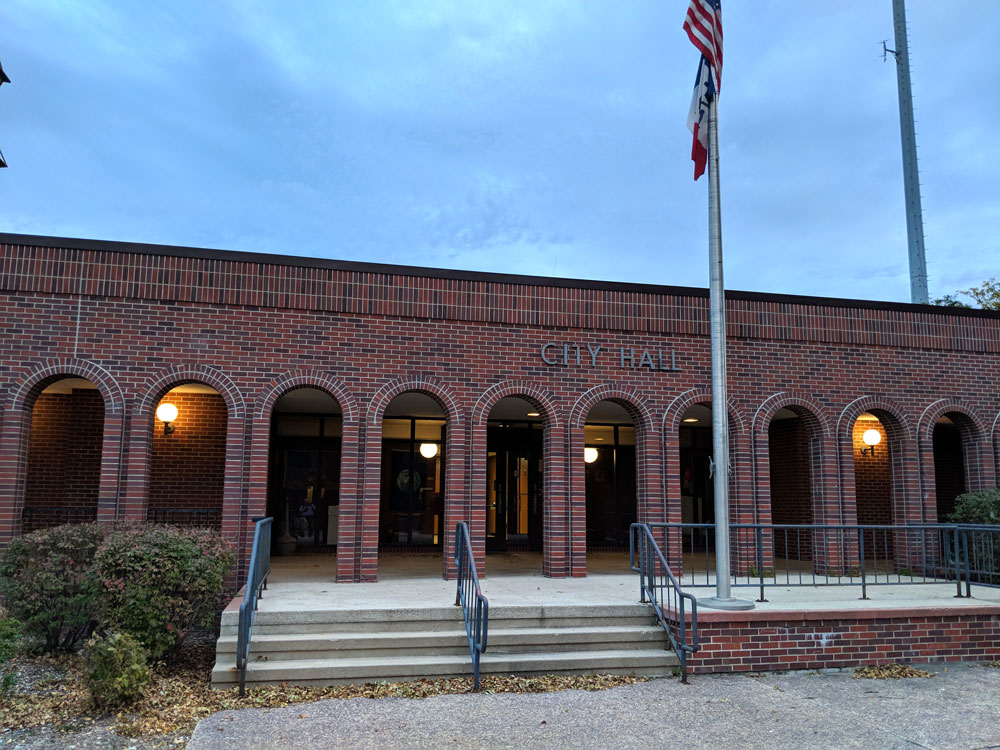
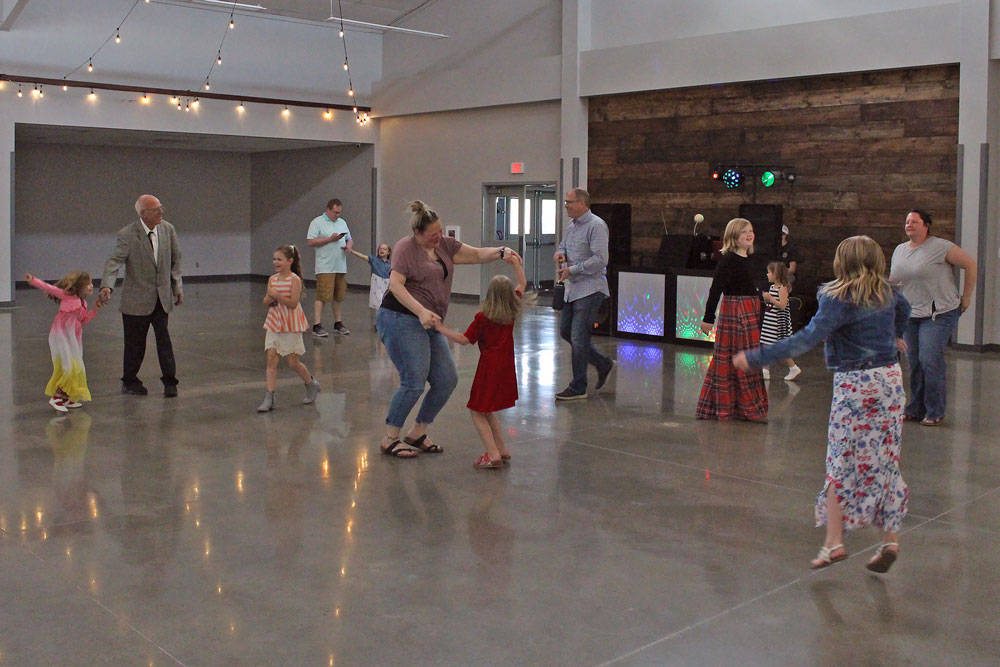
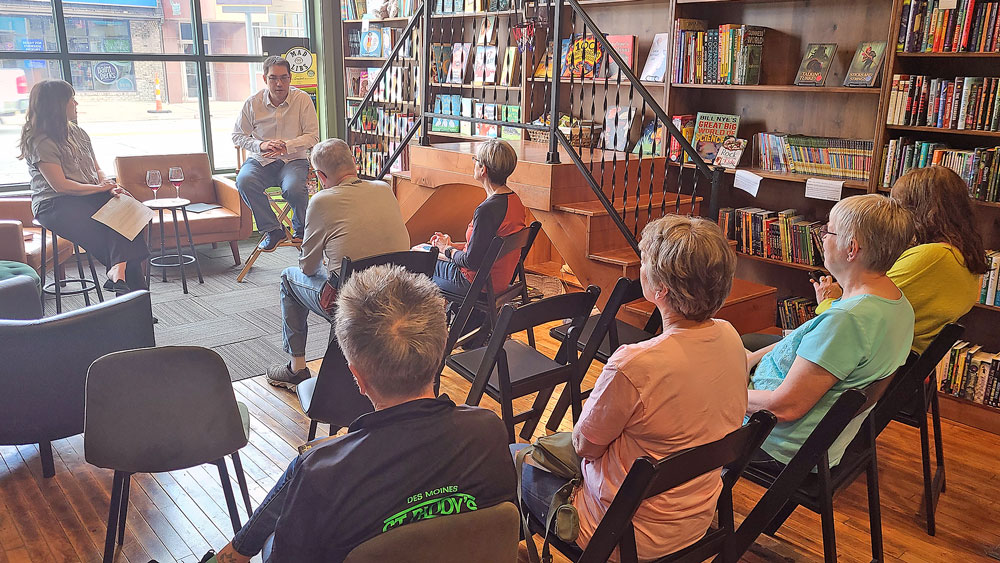


Social Share